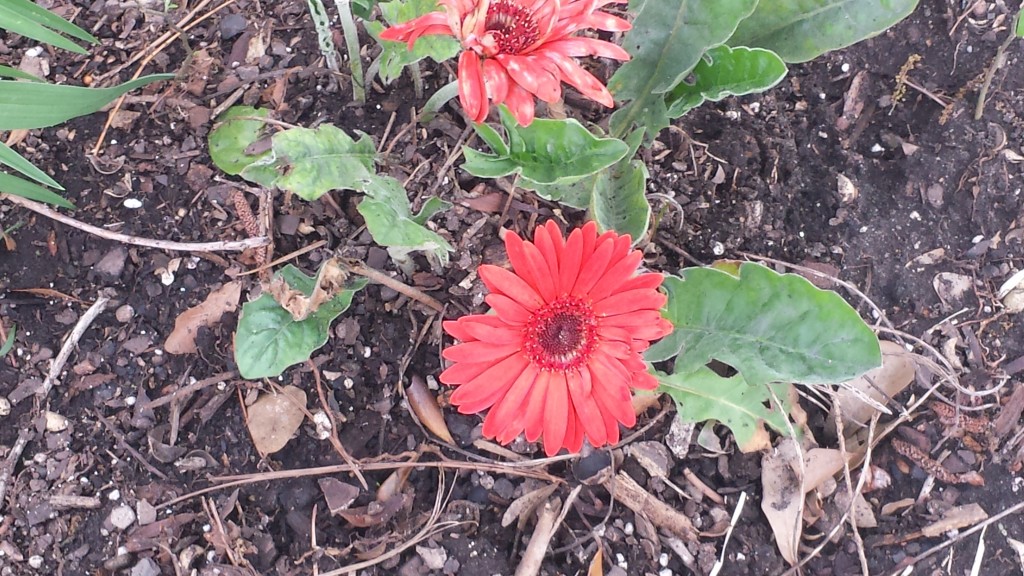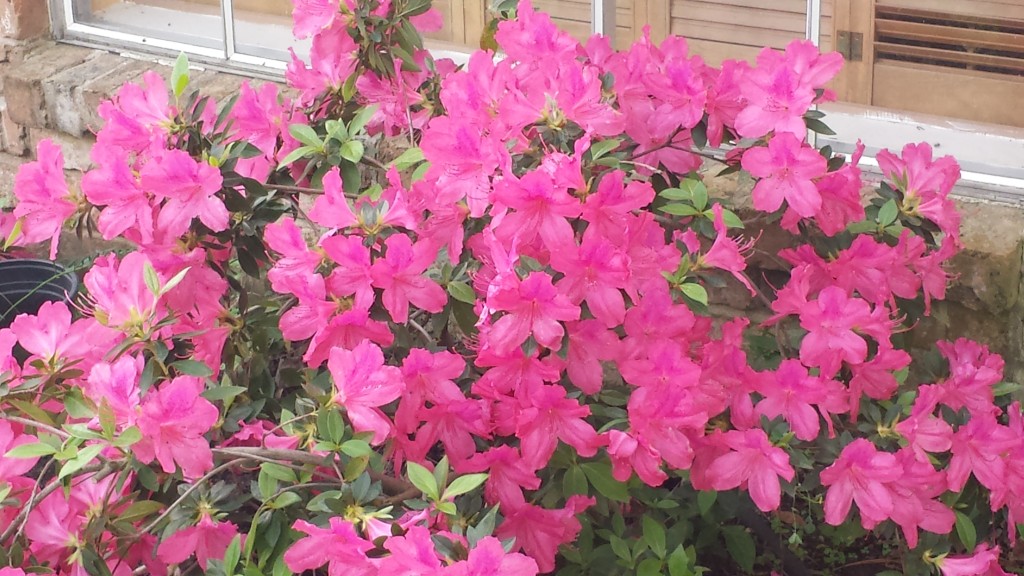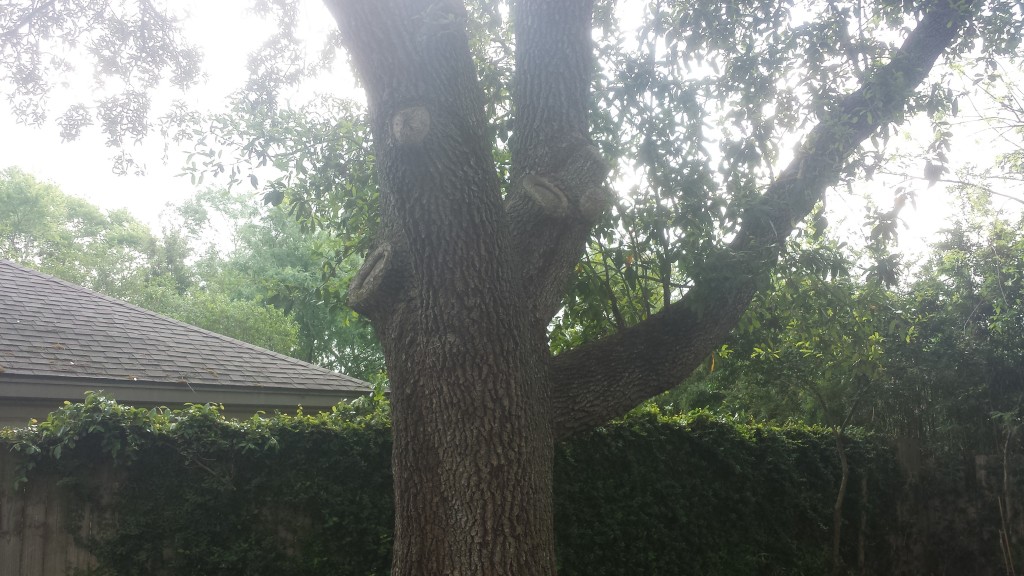Literally.
Back in school, engineering students would sometimes gather late at night and discuss their pet projects. Pipe dreams, flights of fancy, or just whimsical notions. Aerospace engineers dream of new planes, mechanical engineers of new contraptions and civil engineers of reshaping the land. Most of these projects never come to anything. We outgrow these ideas and turn to more practical matters.
But sometimes, some engineers keep these dreams going and sometimes these dreams are picked up by artists and writers and get expanded upon. The prime example of this was Atlantropa, a plan to stretch a hydroelectric dam across the straits of Gibraltar. Blocking off the Atlantic would lower the Mediterranean sea. Thousands of square miles of new land would be ‘created’ along the coastlines. A massive lake would spring into existence in the middle of the Sahara desert by diverting a couple of rivers and a new prosperous land would appear in north Africa. This plan persisted from the twenties till well into the fifties. Even though today it is the considered opinion that this would have been a huge environmental disaster if it had been implemented, the idea of changing the world in such a literal and drastic way is popular among some writers and engineers.
I also considered several of these type of projects but my speculation turned more towards space and specifically to terraforming, the deliberate use of engineering and science to turn a planet into something resembling earth. One night in a study carrel some friends and I hatched a mad idea that I would later expand upon on my own.
Professional engineers and scientists have seriously pondered terraforming, making computations and proposing solutions. Mars has been judged as having the best chance of being terraformed. Mars has the most conditions that are judged as favorable for becoming a second home to humanity. Venus is another contender but has more grave problems.
The problem with most terraforming scenarios is that they don’t work on human time scales. The most ambitious of these plans nudges and lightly prods at Mars and produces marginal results in about 100,000 years. Future humans could expect to walk on the surface of Mars without respirators and wearing full parkas in the freezing and dim perpetual twilight of a distant midday sun. Most of their lives would be spent in underground tunnels and future Martian generations could never return to Earth due to the difference in gravity.
Could you imagine all of humanity fixed on a single goal for a hundred thousand years with such a dubious prize at the end? Me neither.
A more radical, some might say dangerous or even mad approach is required.
Cataclysm Induced terraforming. Using what would normally be considered mega scale disasters to induce carefully regulated changes and alter the environment to suit humanity’s needs.
First we define the problems.
Mars is:
- cold
- has virtually no atmosphere
- has no magnetic field
- has a limited amount of water
on the other hand Venus is:
- hot
- has a literally crushing and toxic atmosphere
- has no magnetic field
In general terms these neighbors of ours fall into the edges of the “Goldilocks zone” The distance away from the sun that can sustain life as we know it. Most of their problems stem from their general position with relation to the Sun.
Mars, at the cold end of the zone, lost its internal heat and the geothermal power to help keep it warm. Possibly this also ended its magnetic field. Without this magnetic protection solar winds then ravaged the atmosphere and surface and have been slowly ripping bits of atmosphere away for millions of years.
Venus, at the hot end of the zone, saw its liquid water evaporate into the atmosphere and mix with airborne sulfur to create dense and impenetrable clouds of sulfuric acid in its upper atmosphere.
At first blush it would seem that the solution would be to swap these planet’s positions. But that would not work. Mars would become a blasted hot rock like Mercury and Venus would slowly grow cold and resemble some of the Jovian moons.
Rather both planets need to come closer to Earth’s orbit. Mars a little closer in than Earth is and Venus a little farther out than its current position. In essence we would become the fourth planet out from the Sun.
Planetary orbits are fairly easy to calculate. Mostly they involve the planet’s mass, speed, and the Sun’s pull upon these bodies. Altering these orbits would involve the use of some errant mass (such as a large asteroid or comet) or a massive thermonuclear device applied in the correct location and time.
Altering the path of a large comet to strike Mars would also have the benefit of introducing water and organic materials into the planet. Altering a comet’s path isn’t as hard as it sounds. Satellites have already orbited asteroids and comets and have even landed on an asteroid. Guiding a satellite with a small nuclear charge to the proximity of a comet and then detonating it would serve to alter its path.
Venus has some bigger problems. The atmosphere has to be thinned out. Moving the planet back from its current position will help solve some of that. With less energy entering the system some of the particles in the atmosphere will begin to settle over time.
We could speed the process up by constructing giant tanker ships to siphon the upper atmosphere sulfuric acid clouds and then transport them to Mars. Once there the tankers would be deliberately crashed onto Mars. The resultant combination of the iron oxide on the planet surface with the sulfuric acid would yield Iron Sulfate salt and water and of course the crash would inject massive amounts of energy into the atmosphere helping to warm the planet and release sub-surface water and carbon dioxide locked in the planet’s soil.
As conditions improve on both planets we could introduce living agents to speed up the terraforming process. Extremophiles are microorganisms that thrive in extreme environments. They have been found living underground at great depth and pressure, in acidic pools near volcanic vents, in Antarctica enduring extreme cold, at high elevations in the atmosphere and even in nuclear reactors.
Mars would benefit from blue-green algae (actually a bacteria) that thrives in cold areas and only needs water and carbon dioxide to grow. This would begin changing the atmosphere to Oxygen. Oxygen itself is a very transformative element (see the great oxygenation event in Earth’s history).
Venus would benefit from bacteria that dine on sulfur compounds and re-release them as solid waste. This would help thin the atmosphere more and set the stage for future waves of microorganisms to step in.
The most serious problem that these planets share is the lack of a magnetic field. Cosmic radiation is a deadly killer and our magnetic field has shielded us from this.
One suggestion for Venus is that if the planet’s slow rotation could be sped up then a magnetic field could be induced. This would be done by guiding large asteroids into close orbit. The “drag” from these would pull on the planet and make the rotation speed up.
For Mars the solution would be more direct. Mars lost its magnetic field when its internal heat diminished and all geothermal power failed. This would have to be restarted by direct intervention. Deep drilling projects are already feasible and advanced planning could come up with a design for a deep drilling self piloted vehicle that would make its way to the planet’s core to deposit and explode a large nuclear charge deep inside the planet to re-liquify the core. This would also provide the planet with radioactive materials for its core to continue the geothermal process. This would have the side benefit of emptying out all our nuclear arsenals and help dispose of nuclear waste materials on Earth.
Now does this sound like the craziest thing you’ve ever heard? Well consider the Dyson sphere. A plan by a British physicist to create an impossibly gigantic metal sphere around the Sun and basically live on the inside of the sphere. Or plans to “ignite” Jupiter and create a second Sun in our solar system with the purpose of turning all of Jupiter’s moons into livable planets.
If we sit down and consider the fact that the current planet we live on has increasingly limited resources and that our population just keeps growing and expects a higher living standard then the need to have a second or even a third home becomes if not apparent at least something worth considering.
We need to do something if not here on Earth then some place else.



Recent Comments